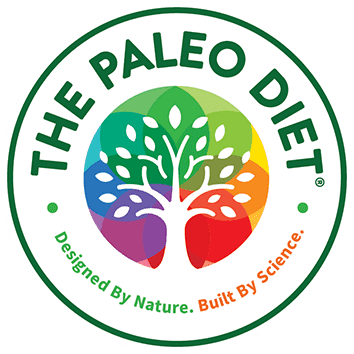InChristAlone
Member
I stumbled on something very interesting.... thiamine deficiency can result in excess levels of phytanic acid in the blood which can cause these symptoms: "cerebellar ataxia, scaly skin eruptions, difficulty in hearing, cataracts and night blindness. " Thiamine Deficiency and Aberrant Fat Metabolism: Clues to Adverse Reactions- Hormones Matter
Dairy fat is high in phytanic acid! Could this be one reason people are sensitive to dairy? It could just be thiamine deficiency and not the vitamin A.
Dairy fat is high in phytanic acid! Could this be one reason people are sensitive to dairy? It could just be thiamine deficiency and not the vitamin A.


